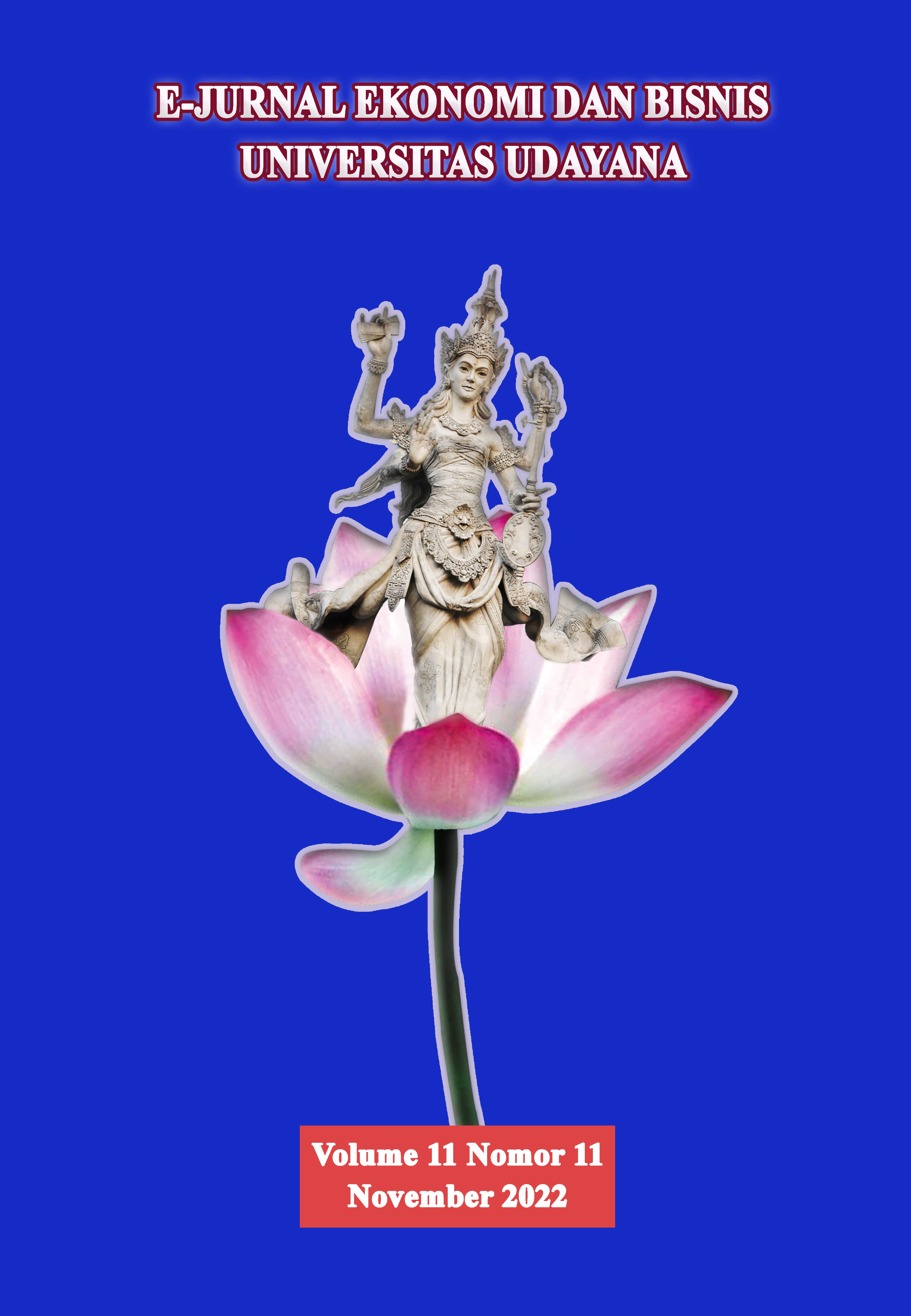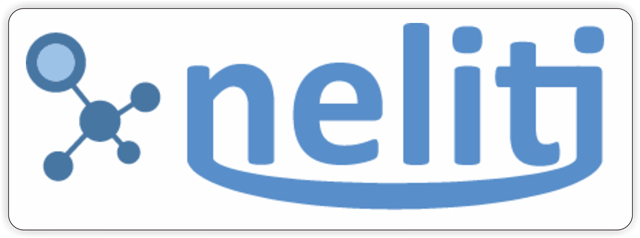PENGARUH WORK-LIFE BALANCE DAN INTERNAL LOCUS OF CONTROL PADA PERILAKU ETIS AUDITOR
Abstract
Ethical behavior is behavior that is in accordance with applicable norms, values, and laws. It is important for auditors to comply with ethics in carrying out their duties. An auditor must be able to control himself to avoid ethical violations. This study is intended to determine the effect of work-life balance and internal locus of control on the ethical behavior of auditors. Research on 72 auditors at KAP in Bali as respondents. Using the saturated sample method and collecting data using a questionnaire. Hypothesis testing using Partial Least Square (PLS). The results of the analysis show that work-life balance and internal locus of control affect the ethical behavior of auditors. When an auditor has self-control accompanied by a work-life balance, it provides encouragement for the auditor to avoid ethical violations.


















